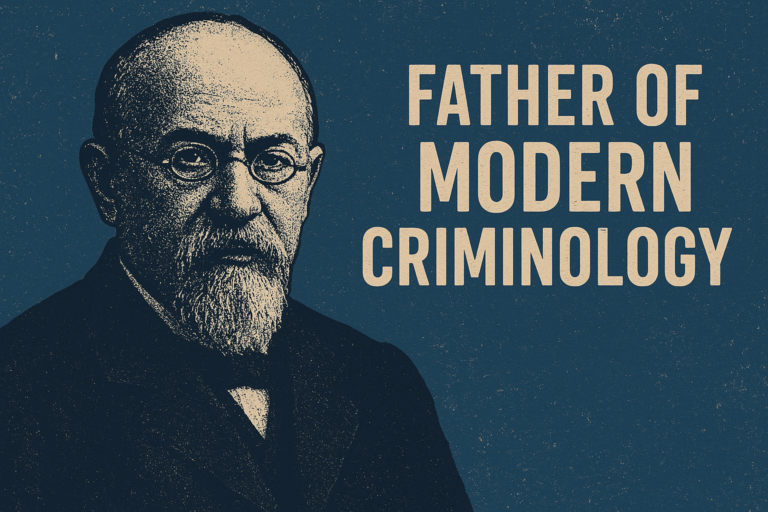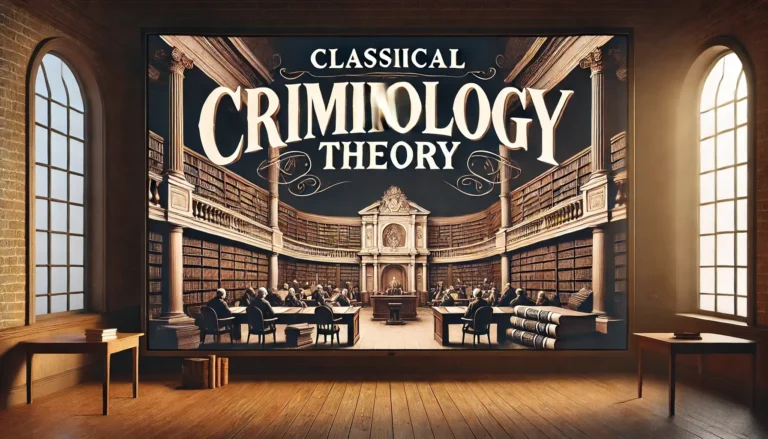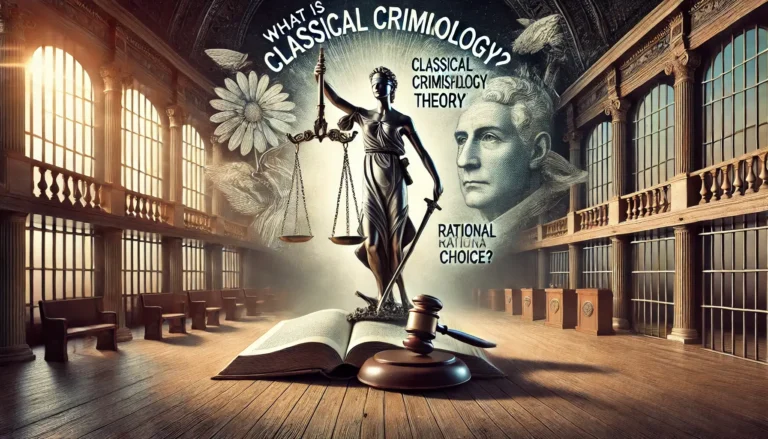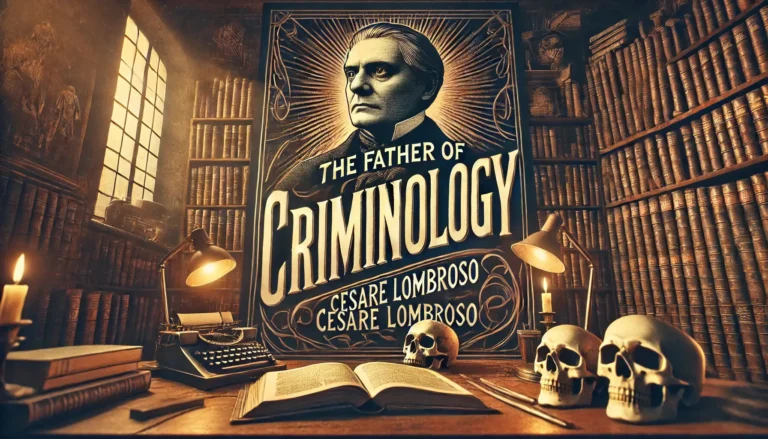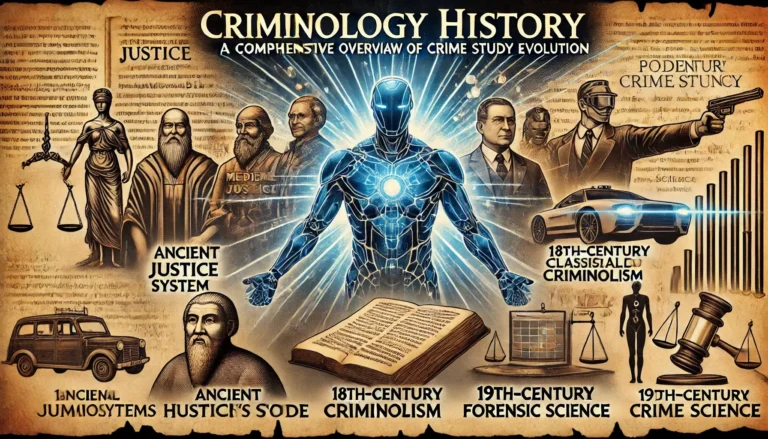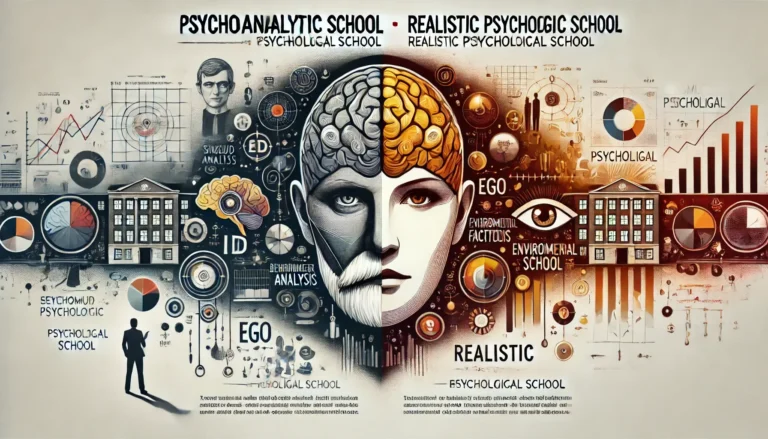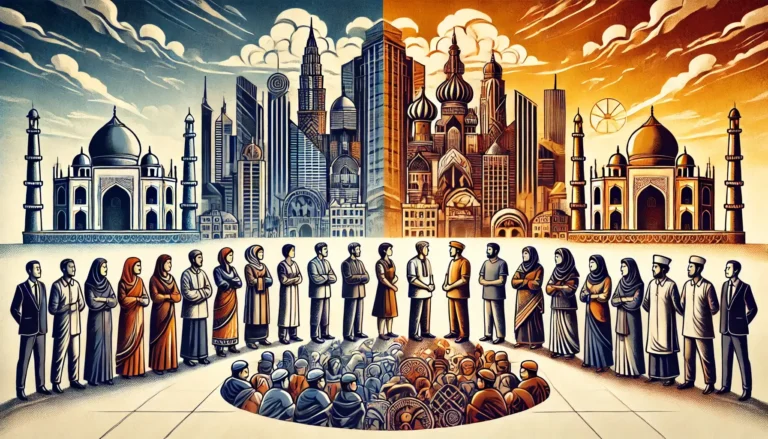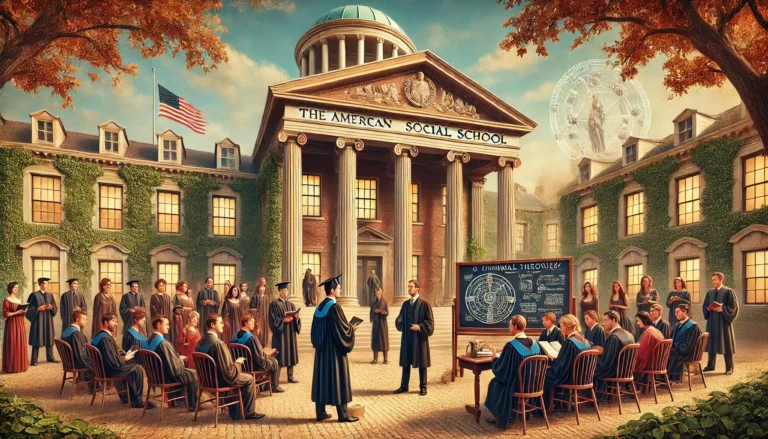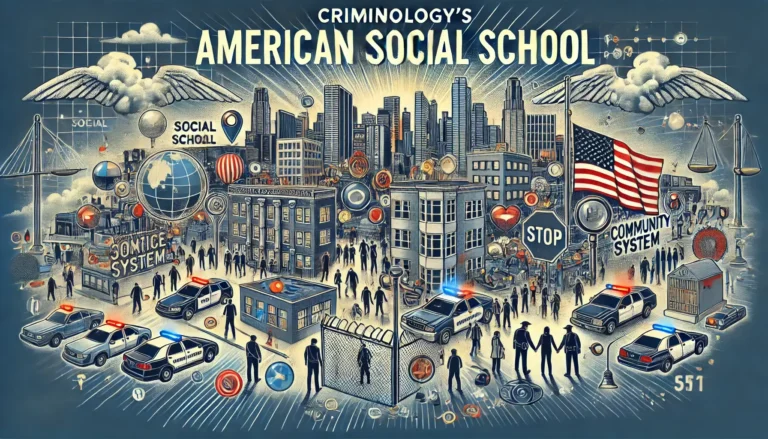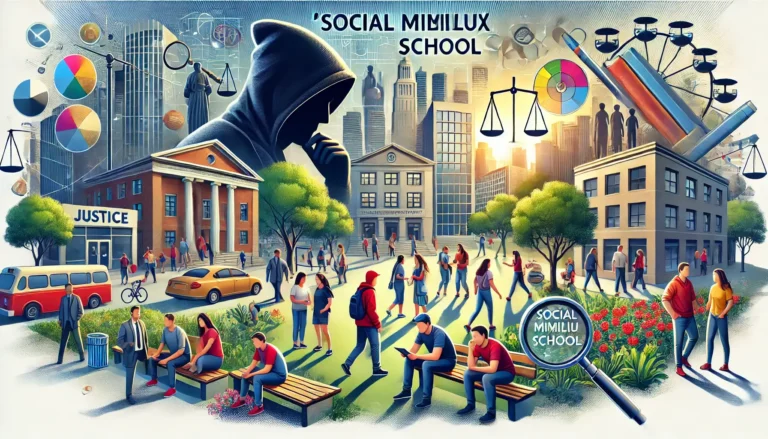The Father of Modern Criminology: Cesare Lombroso’s Legacy and Impact
Introduction The study of criminology has undergone profound transformations over centuries, transitioning from philosophical musings to a scientifically grounded discipline. At the heart of this transformation stands Cesare Lombroso, often referred to as the “father of modern criminology.” His revolutionary approach, which applied scientific methods to the study of crime and criminals, challenged traditional perspectives…

